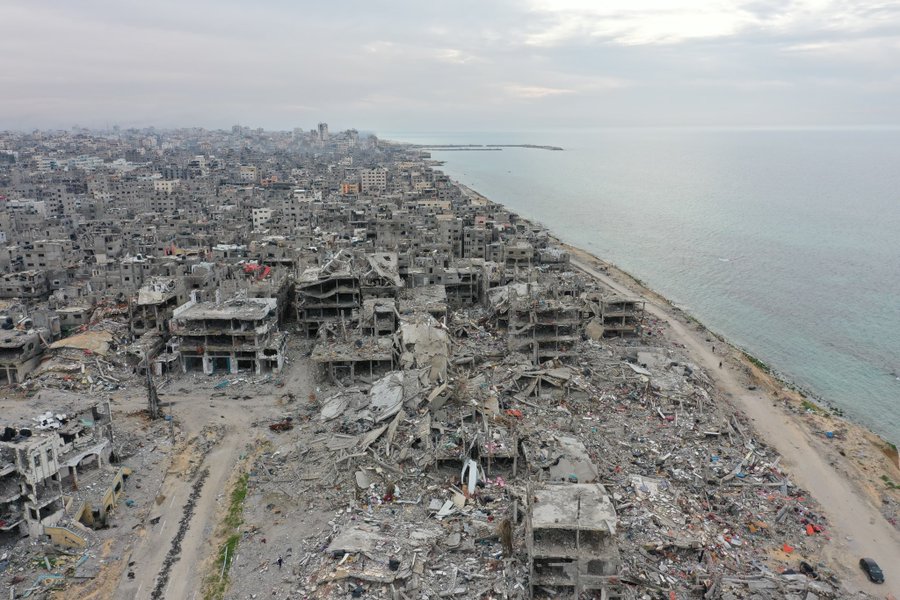“It’s what is between my ears that matters.”
“It’s not what is below my waist that matters. It’s what is between my ears that matters.”
-Kavita Ramdas, feminist activist and former Senior Advisor of the Ford Foundation and the Global Fund for Women
Today began with an interactive discussion led by Phumzile Mlambo-Ngcuka, Executive Director of UN Women. A large portion of the discussion was composed of an informal question and answer covering a large range of topics that impact the economic empowerment of women. Most alarming was the discussion of funds allocated to protecting women. UN agencies are disproportionately funded dependent upon their priority. UN Women receives one of the smallest budgets, restricting the implementation of current programs and growth of future programs.

Each discussion I attended largely revolved around proclamations and resolutions that integrate women in roles they have long been absent from in addition to the inadequate funding available to support women. One very interesting discussion highlighted the Security Council’s decision to pass resolution 2242, dedicating resources to integrate more women in peace and security operations. According to the panelists, peace is nearly sustainable if women are included in peacekeeping conversations. Without women, we are not going to be able to more comprehensively address conflict prevention. One strategy the Security Council will implement is an increase in women working in mediation and conflict resolution.

Although these types of strategies are noble and set the stage for a larger conversation, we need to ensure that organizations dedicated to supporting the growth of women receive the necessary funding to sustain projects and produce positive policy change. Funding high-level organizations that support women including the main organizer of the 61st Session of the Commission on the Status of Women, UN Women, is a step in the right direction. Although UN Women is provided with funds for programs and projects, it often isn’t enough. In 2015, UN Women received $7.5 million from the UN’s $2 billion budget. We have evidence that investing in women that provide them with opportunities to engage in peacekeeping helps to build more sustainable programs for peace. If we want to see bigger gains, we must continue to invest in women.

Kavita Ramdas, feminist activist and former Senior Advisor of the Ford Foundation and the Global Fund for Women stated that, “When you don’t spend billions of dollars on weapons, you have money to invest in women.” Additionally, giving money to women’s organizations that provide direct service is the best form of prevention in terms of humanitarian conflict and protection of peace and security. With the impending threat of the United States significantly decreasing UN funding, programs created to empower and support women may very well disappear.




